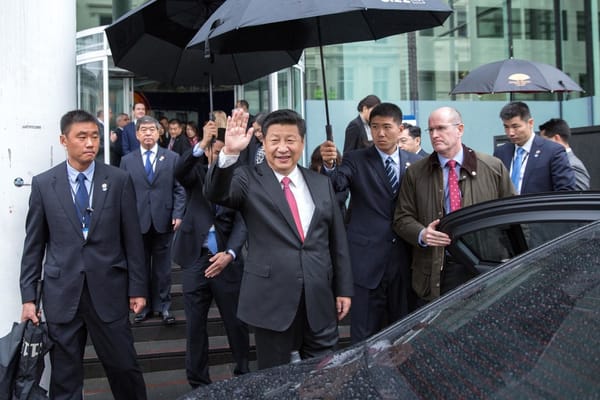China overhauls one child policy
Couples can now have two children

China has scrapped its infamous one-child policy after more than three decades, it was revealed this week.
The ruling Communist Party issued a statement following a four-day summit in Beijing, revealing that couples will now be allowed to have up to two children.
This change in policy is intended to “balance population development and address the challenge of an ageing population,” according to the statement, published on the state-run Xinhua news agency.
Concerns over rising social costs and falling worker numbers had lead to relaxations in some provinces, and formal relaxation in national rules occurring two years ago, with this major change to the policy being rumoured for several months.
Some have praised the move as a step forwards, allowing greater individual freedoms for Chinese citizens and reducing the right of the state to interfere in the right to a family life.
However, others have suggested the move does not go far enough, as the Communist party still maintains full control over the size of Chinese families, albeit with one additional child per couple.
Amnesty International issued a statement warning that “couples that have two children could still be subjected to coercive and intrusive forms of contraceptions, and even forced abortions - which amounts to torture.”
William Nee, China researcher at Amnesty International, added “the state has no business regulating how many children people have.”
Others also expressed cynicism over the intent of the policy change, with Stuart Gietel-Basten, associate professor of social policy at the University of Oxford, writing in The Conversation that this reform is actually “a pragmatic response to an unpopular policy that made no sense.”
Introduced in 1979, the controversial policy was intended to slow the population growth rate and is estimated to have prevented around 400 million births.
Couples violating the policy would face punishments ranging from fines to forced abortions. It appears that these punishments will remain in place for couples with more than two children.
The proposal still needs to be approved by China’s top legislature before it can be enacted, according to Xinhua, although approval is unlikely to be withheld.









